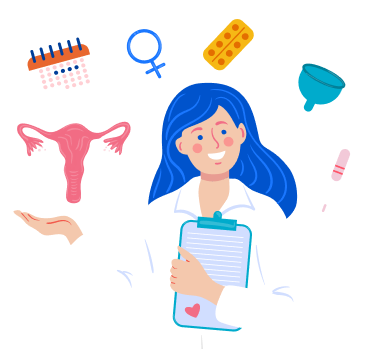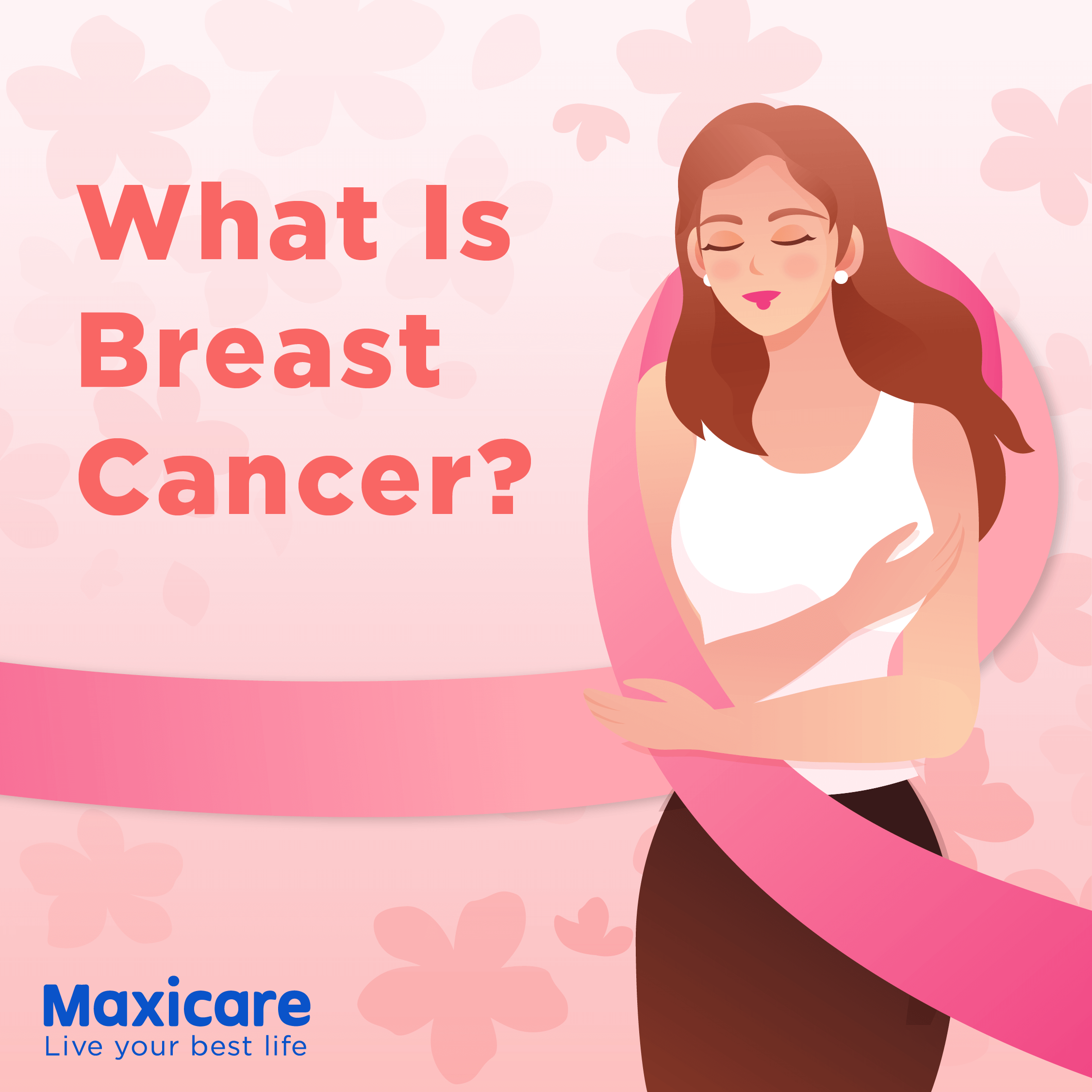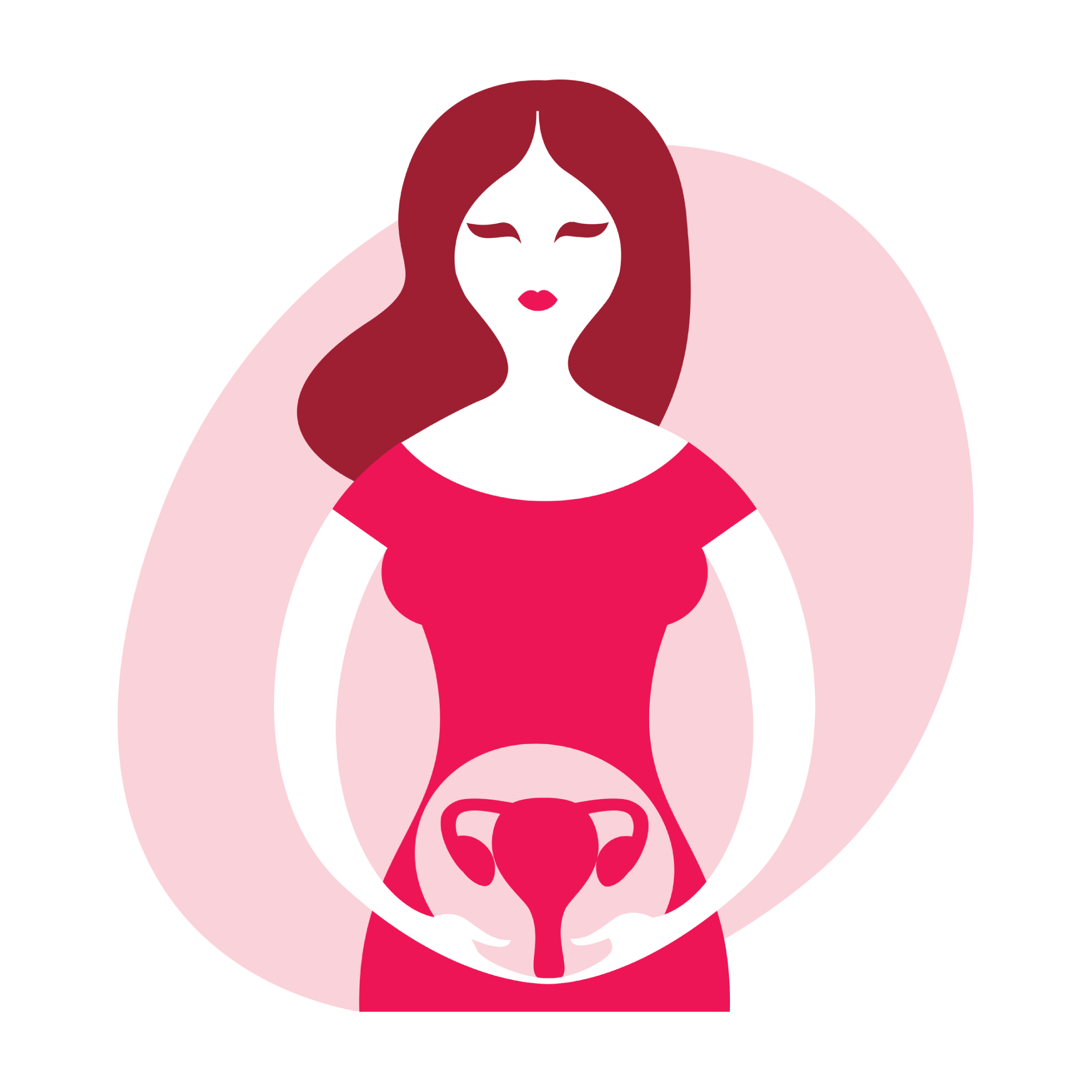Women’s Health
Take care of your physical and emotional well-being

A guide to loving and caring for your body
Women’s health is more complicated than most people think
Breast cancer, urinary tract infections, maternal health, mental health… There’s a lot more to women’s health than meets the eye. Take steps to ensure the best for your well-being and how to prevent illness and disease
Common illnesses
Below is a list of women’s health related illnesses and their symptoms
Breast cancer
- New lump in the breast or underarm (armpit)
- Thickening or swelling of part of the breast
- Irritation or dimpling of breast skin
- Redness or flaky skin in the nipple area or the breast
- Pulling in of the nipple or pain in the nipple area
- Nipple discharge other than breast milk, including blood
- Any change in the size or the shape of the breast
- Pain in any area of the breast
Cervical cancer
- Blood spots or light bleeding between or following periods
- Menstrual bleeding that is longer and heavier than usual
- Bleeding after intercourse, douching, or a pelvic examination
- Increased vaginal discharge
- Pain during sexual intercourse
- Bleeding after menopause
- Unexplained, persistent pelvic and/or back pain
Polycystic Ovary Syndrome (PCOS)
- Irregular periods or no periods at all
- Difficulty getting pregnant (because of irregular ovulation or failure to ovulate)
- Excessive hair growth (hirsutism) – usually on the face, chest, back or buttocks
- Weight gain
- Thinning hair and hair loss from the head
Women’s Health

Breast Cancer Awareness Month
October is Breast Cancer Awareness Month. This is a disease that affects many people all over the world, making it a big health concern. While it isn't always preventable, there are steps people can take to keep abreast of breast cancer. So, here's a short primer on...
Four Pillars of Safe Motherhood
During pregnancy, a woman's health and nutritional needs are of utmost importance for the well-being of both the mother and the developing fetus. Proper nutrition is essential to support the growth and development of the baby, as well as to maintain the mother's...

Cervical Cancer: What You Need To Know
Cervical cancer is the growth of abnormal cells in the lining of the cervix, a tunnel-like organ that connects the vagina to the upper part of the uterus. It is considered one of the most common forms of cancer among women in the Philippines. It occurs most often in...
Have any questions?
Who is most likely to get breast cancer?
Certain risk factors can increase a woman’s risk for developing breast cancer. Women who are most likely to develop breast cancer have:
-
A family history of breast cancer
-
A history of cancer in one breast
-
A history of certain noncancerous breast cysts or tumors
-
Inherited changes in certain genes, including BRCA1 and/or BRCA2
-
Not had children
-
Past radiation exposure to the chest wall
-
Post-menopausal obesity
-
Reached age 50 or older
When should I begin screening for breast cancer?
The American Cancer Society (ACS) recommends the following early-detection screenings for women at average risk for breast cancer:
-
Optional mammograms beginning at age 40
-
Annual mammograms for women ages 45 to 54
-
Mammograms every two years for women 55 and older, unless they choose to stick with yearly screenings
-
MRIs and mammograms for some women at high risk of breast cancer
How can I lower my chances of getting cervical cancer?
-
Get Vaccinated
-
The HPV vaccine protects against the types of HPV that most often cause cervical cancer. It is recommended for both males and females.
-
Get Screened
-
Cervical cancer can be prevented or found early with regular screening tests.
How often should I be screened for cervical cancer?
Cervical Cancer Screening Recommendations for Women at Average Risk
-
Women should start cervical cancer screening at 21 years of age.
-
Women ages 21 to 29 years should have a Pap test every three years.
-
Women ages 30 to 65 years have the choice to get a Pap test every three years, a HR HPV test every five years, or a Pap test and HR HPV test every five years.
What causes PCOS?
Although the cause of PCOS is not known, PCOS may be related to many different factors working together. These factors include insulin resistance, increased levels of hormones called androgens, and an irregular menstrual cycle.
If I have PCOS, will I be able to get pregnant?
Even though polycystic ovary syndrome (PCOS) is a leading cause of infertility in women, PCOS-related infertility is treatable in most cases. Women with PCOS can and do still get pregnant—sometimes naturally, sometimes with help.
If you have PCOS, what medical problems are you at risk for?
The long term health risks for patients with PCOS include:
- Hypertension
- Diabetes
- Impaired glucose tolerance
- MI/CAD
- Endometrial cancer
- Hypercholesterolemia with low HDL
- Gestational diabetes
- Sleep apnea
- Depression
Look out for family’s health and safety with Maxicare PRIMA’s unlimited consultation and lab tests.



